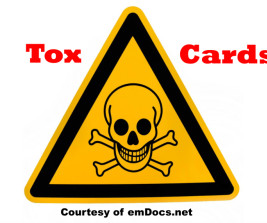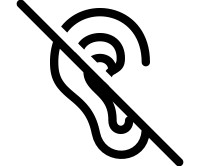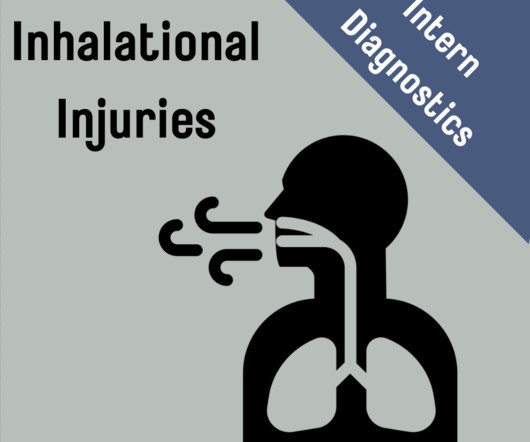ToxCard: Iron
EMDocs
DECEMBER 6, 2024
In the late 1990s, iron was the leading cause of poisoning deaths reported to poison control centers for children less than 6 years of age. Aggressive fluid resuscitation as patients may be severely hypovolemic from GI symptoms. Iron is used for treatment and prevention of iron-deficiency anemia. Antiemetics as needed.














Let's personalize your content